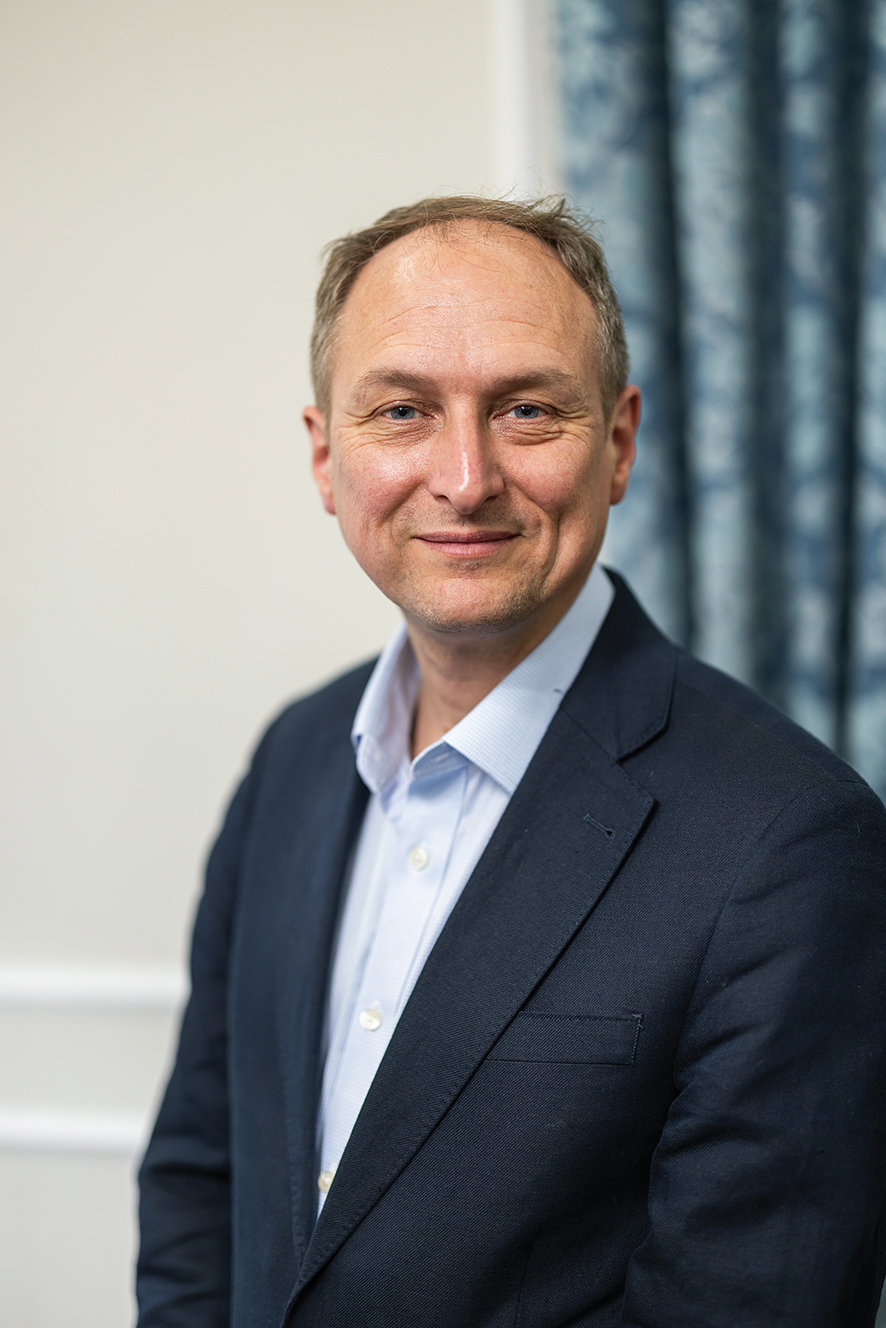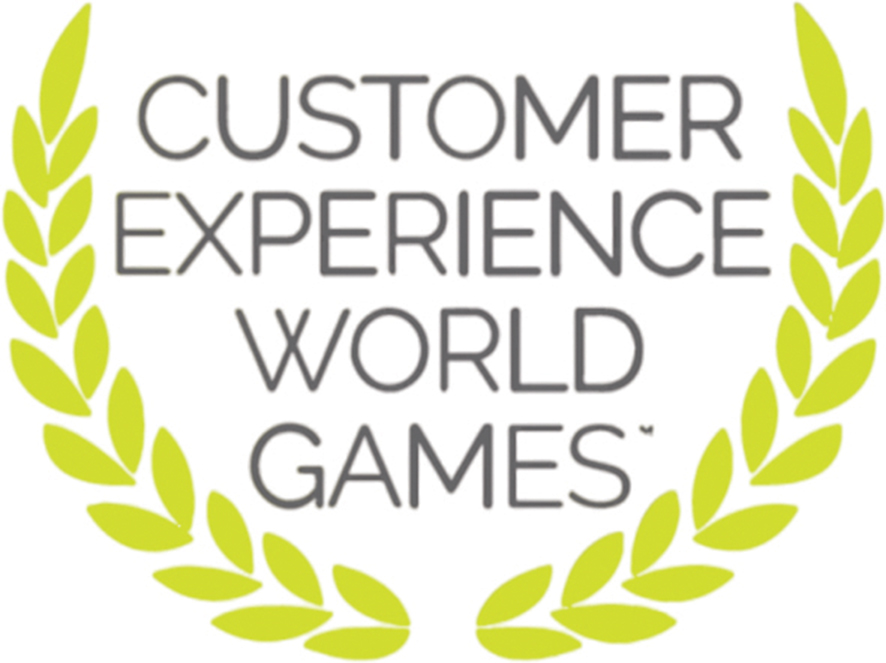For decades, companies around the world and in Georgia have aspired to be “customer-centric.” Yet, despite slick marketing campaigns, digital tools, and service charters, too many organizations have struggled to translate aspiration into action. Customers often experience disjointed service, opaque processes, and unmet expectations. What most organizations lack is a systematic, disciplined approach to customer experience management (CXM) that is not only designed for the local market, but aligned with global best practices.
Into this gap steps Lexden, the award-winning international consultancy founded in the UK in 2007, renowned for transforming customer experience across more than 25 countries. With its arrival in Georgia, Lexden is not merely offering advice or training; it is introducing a new way of thinking, a methodology that integrates customer insight, operational rigor, and organizational culture into an enduring competitive advantage.
At the global level, Lexden’s Managing Director, Christopher Brooks, brings the international vision and innovative approaches that have reshaped organizations across 25+ countries. Named 2024 CX Influencer of the Year, Brooks is also a published author and visiting academic lecturer whose expertise sets the tone for Lexden’s worldwide impact. Alongside him, the team includes Prof. Dr. Phil Klaus, an internationally recognized academic ranked among Stanford University’s World’s Top 2% scientists and bestselling author of the behavioural metric EXQ, as well as Michael Brandt, Lexden’s Head of Training and Development and former Global Head of Customer Experience at ABB. Together, this leadership ensures that Georgia benefits directly from the same global standards and pioneering practices that have positioned Lexden as a trusted partner worldwide.
In Georgia, this effort is led locally by Sophie Chkhaberidze, Partner at Lexden, certified international CX professional, member of the Customer Experience Professionals Association (CXPA), and business trainer with over 15 years of experience helping organizations develop customer-oriented cultures in both the public and private sectors. Sophie represents Lexden’s local leadership, building the vital bridge between global expertise and the Georgian business landscape. “Customer experience (CX) is both the perception and the reality a customer has at every touchpoint with a company. The experience should positively contributes towards the outcome the customer is aiming to achieve. A strong CX creates emotional connections that turn customers into advocates,” Sophie explains.
In Georgia, this is not just an academic concept. It is a practical imperative: as markets become more competitive and customer expectations more sophisticated, organizations that fail to embed CX principles risk falling behind. Lexden’s mission is clear: to equip Georgian companies with the tools, knowledge, and cultural frameworks to make customer-centricity a lasting organizational reality.

Why CX Programs Often Fail
Globally, many CX initiatives fail to deliver the expected returns. Sophie points to research led by Professor Dr. Phil Klaus, Lexden’s academic advisor, who has studied the behavioral and operational metrics that underpin successful CX programs.
“Sadly the majority of CX programs still fail. A study by Professor Klaus showed the main three reasons are: 1) leadership treating CX as a project 2) focusing on the wrong measurement. This usually means looking at metrics from the business point of view rather than ‘has the customer achieved their outcome?’, and 3) not formalized CXM in place to manage important touchpoints and keep the customer’s voice heard throughout the business. These are core to our programs. We know the mistakes to avoid and build in governance and monitoring on key topics. such as continuous leadership support, employee training, customer journey mapping and clear customer performance indicators.”
This pattern is all too familiar in Georgia. Many companies have digitalized processes or launched customer service initiatives but lack systemic alignment. Teams operate in silos, leadership fails to model the behavior they expect, and metrics track efficiency or revenue rather than the customer’s experience. The result is short-term wins, but long-term stagnation.
Sophie observes that CX initiatives are often tactical, not strategic: “Until those across the business are shown the value being customer centric has to them, their teams, and the business, it will be a tactically focused initiative.” In practice, the gap between aspiration and execution often starts with leadership. Without commitment at the top, CX programs cannot become embedded. “Customer-centricity” is relegated to the marketing department or treated as a short-term project rather than a foundational principle guiding every decision.
Leadership and Culture
Lexden’s methodology emphasizes leadership and culture as the twin pillars of CX transformation. Central to their framework is what the company calls the 3Ms: Motivation, Mindset, and Method. Motivation ensures leaders and teams understand why customer experience matters. Mindset cultivates the belief that every decision should account for the customer’s outcome. Method provides practical tools and structured processes to implement this vision consistently.
“Enlightened leaders set the tone and need to be the role model for the customer-centric mindset they wish others to adopt. They need to be true to the customer’s outcome as their goal, empowering teams to be true to customer outcomes and ensure CX principles are embedded in every decision and process,” Sophie emphasizes.
But changing mindset is not about slogans or corporate posters. It is about embedding new ways of thinking into everyday decision-making. Sophie is candid: “We need everyone to stop thinking, ‘how does that impact the business?’ when they hear about an internal change and start thinking, ‘what does that mean for our customers?’, that’s the culture change we look for.”
The impact of cultural change is tangible. Organizations that succeed in embedding customer-centric thinking see improved alignment across teams, better collaboration, and decisions that consistently reflect the customer’s perspective. It transforms CX from a set of tools or projects into a new way of working for the future.
Lexden’s Approach: Global Expertise, Local Relevance
Lexden’s arrival in Georgia brings decades of international experience combined with local market sensitivity. The team has worked in diverse sectors across multiple geographies, understanding that universal principles must be adapted to local cultural and operational realities.
“With proven experience in over 25 countries, we recognize the importance of applying local market adaptations to universal principles. Customer experience is valued by all, and the foundations (we refer to as the 3Ms; Motivation, Mindset and Method) apply equally, but what is delivered for customers and how needs to respect cultural boundaries. Georgian companies will benefit by adopting these proven Customer Experience Management (CXM) practices. Results deliver increased productivity, reduced costs, increased sales and a purpose led workforce,” Sophie explains.
This holistic approach spans research and insight, strategic alignment, design, implementation, and performance measurement. It is not a one-off intervention; it is an enduring, measurable approach that enables organizations to maintain and improve CX capabilities over time.
Sophie is clear: “Lexden do not believe transformation does not end with implementation. It is not a project, but an enduring approach based on long-term partnership to maintain and improve achieving results.” This philosophy ensures that Lexden’s approach is focused on sustainable capability-building, embedding customer-centricity deeply into every organization rather than treating it as a short-term project.
The Mini MBA in Customer Experience Management
Beyond consulting, Lexden brings its Mini MBA in CXM, a program designed to build practical capabilities rather than teach abstract theory. Participants, ranging from beginners to senior professionals, learn to connect CX directly with business strategy, develop skills to influence decisions, and improve team effectiveness.
“We don’t just share theories, our training programs equip professionals with practical tools and frameworks that we’ve successfully used with clients. Our aim is to foster a customer-centric mindset those certified to lead CX initiatives confidently in their organizations. We offer an Honors level for participants who demonstrate the improvement gains in their business by applying the course learnings,” Sophie explains.
For Georgia, this program is groundbreaking. It equips professionals with tangible tools, measurable outcomes, and the confidence to place the customer at the epicenter of every decision.
Catalysts for Change
Sophie observes that organizations don’t become customer-centric overnight. Instead, they often need a catalyst, a significant system migration, digital transformation, or operational change, that highlights the need for change and forces them to confront the reality of their customer experience.
“There needs to be a motive, and an understanding of how being customer-centric will make a difference. Companies don’t transform overnight, there is usually a catalyst, such as a system migration or a push to a digital platform for customer interaction. These changes demand an understanding of what matters to the customer, and it is then that organizations realize they don’t really know. They also realize they don’t have an operating model for customer centricity, one that prioritizes customers or keeps them in the decision-making process consistently across the business,” Sophie notes.
By leveraging these moments, Lexden helps organizations not only implement CXM practices but also embed them as an integral part of the organization’s daily culture.
The Customer Experience World Games
Another distinctive Lexden initiative is the Customer Experience World Games (CXWG), which combines CX skill-building with social impact. Founded by Managing Director Christopher Brooks, the CXWG brings together teams from around the world to apply CX tools to challenges faced by NGOs and charities.
“The CXWG game provides an interactive and safe environment for teams to explore CX challenges, build empathy, and enhance teamwork. In parallel, they are making a positive contribution to society. Several companies have used them as part of their CSR programs, allowing employees to volunteer their minds to help NGOs and charities. Lexden connects the games to CXM, making learning both engaging and impactful,” Sophie explains.
For Georgian organizations, participation in CXWG offers a dual benefit: practical CX skill development and meaningful societal contribution. It also exposes local teams to international best practices and collaboration with professionals from diverse industries and geographies.
Practical Guidance for Georgian Companies
What should Georgian businesses do first if they want to raise CX maturity? Sophie provides a clear, structured roadmap:
“The advice we always give is to first understand the value of customer experience within your organization, how it drives business performance, differentiates your brand, supports strategic goals, and, crucially, whether it meets customer expectations and delivers meaningful outcomes for them. Once this is understood, an internal assessment can identify how well the current setup is aligned to deliver the desired customer outcomes and contribute effectively to the overall business strategy. The findings identify what should be adapted, adjusted or changed. These highlight where capability, skills and new activities are needed across the business and which customer experiences to prioritise. We often find there are significant savings to be made where issues and poor experiences create additional expenses for the business, which can be used to accelerate the establishment of effective CXM. So, knowing where to prioritise and what changes are needed are key. Our professional guidance through consulting and training programs helps organisations achieve this.” This approach ensures that CX improvements are strategic, measurable, and aligned with business outcomes, rather than reactive or superficial.
The Ultimate Payoff
At the heart of Lexden’s philosophy is a simple but powerful idea: CX is about creating meaningful experiences that make customers return. Christopher Brooks, Lexden’s Managing Director, calls it being a “memory maker.”
“In our roles as customer experience professionals, we create meaningful engagements which help our customers achieve their goals. When we get this right we are ‘memory makers’, encouraging our customers to return time and again.”
Sophie reiterates the point: the goal is enduring cultural transformation, where customer outcomes guide decisions, and CX becomes a natural part of the organization’s DNA.
“When they start to lead this area, we know we’ve switched from a transformation program to a new way of working for the future.”
A New Chapter for Georgian Business
Georgia’s companies are entering a period of heightened competition and rising customer expectations. With Christopher Brooks’ global leadership and Sophie Chkhaberidze’s local expertise, Lexden’s entry represents a powerful partnership of international vision and Georgian leadership. It provides a rare opportunity to adopt global CX practices, develop practical skills, and embed cultural change that is sustainable over the long term.
Through consulting, training, and global initiatives like the Mini MBA in CXM and CXWG, Lexden is not only providing tools and frameworks it is changing the way business thinks. The firm’s combination of international expertise, local adaptation, and focus on measurable outcomes offers Georgian organizations the chance to transform ambition into results, ensuring that customer-centricity is more than a slogan, it is a strategic advantage, a cultural mindset, and, ultimately, a driver of sustainable growth.
By Kesaria Katcharava

















